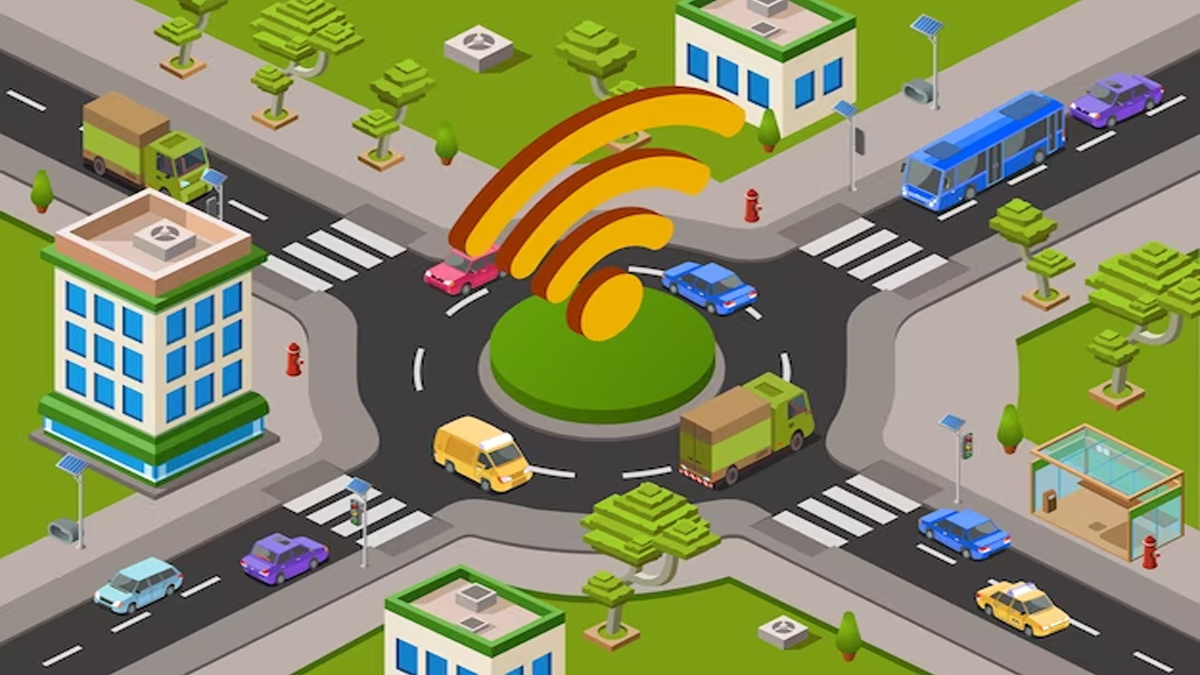Here are some key legal considerations related to privacy and security in smart cities:
1. Data Protection and Privacy Laws:
Smart cities generate and process vast amounts of data collected from various sources, such as sensors, cameras, and connected devices. Compliance with data protection and privacy laws is essential. Laws like the General Data Protection Regulation (GDPR) in the European Union and the California Consumer Privacy Act (CCPA) in the United States impose obligations on organizations to protect personal data and ensure transparency in data collection, use, and sharing practices.
2. Consent and Notice:
Smart city projects often involve collecting personal data from individuals. Obtaining informed consent and providing clear notice about data collection purposes, retention periods, and the rights of individuals are critical. Consent mechanisms should be robust, allowing individuals to provide or withdraw consent easily.
3. Anonymization and De-identification:
To protect privacy, smart cities should implement techniques like anonymization and de-identification when processing data. These methods remove or obscure personally identifiable information (PII) to minimize the risk of re-identification.
4. Security Safeguards:
Smart city infrastructure and systems must be designed with robust security measures to protect against unauthorized access, data breaches, and cyberattacks. Implementing encryption, access controls, firewalls, and regular security audits are among the best practices to ensure data security.
5. Data Minimization and Purpose Limitation:
Smart city initiatives should adhere to the principles of data minimization and purpose limitation. Collecting only the necessary data for specific, legitimate purposes helps reduce privacy risks. Data should not be retained for longer than required.
6. Transparency and Accountability:
Smart city projects should promote transparency by providing clear information about data processing activities, stakeholders involved, and the purpose of data collection. Additionally, accountability mechanisms must be in place to address any privacy or security breaches and to ensure compliance with applicable laws and regulations.
7. Cross-Border Data Transfers:
If smart city data is transferred across international borders, organizations must consider the legal requirements for such transfers. Jurisdictions may have different rules for international data transfers, and compliance mechanisms like standard contractual clauses or binding corporate rules may be necessary.
8. Public/Private Partnerships:
Smart city projects often involve collaborations between public and private entities. Clear agreements should be in place, outlining the respective responsibilities, data ownership, and data protection obligations of each party.
9. Impact Assessments:
Conducting privacy impact assessments (PIAs) or data protection impact assessments (DPIAs) is advisable for smart city projects. These assessments help identify and mitigate privacy risks and ensure compliance with legal requirements.
10. Public Engagement and Participation:
Smart city initiatives should involve public engagement and consultation to gather feedback and address concerns related to privacy and security. Open dialogue with citizens and stakeholders can help build trust and ensure that privacy considerations are taken into account.
It is important to note that legal considerations for privacy and security in smart cities may vary across jurisdictions. Consulting with legal experts and staying updated with relevant laws and regulations in the specific region of implementation is crucial for compliance.
